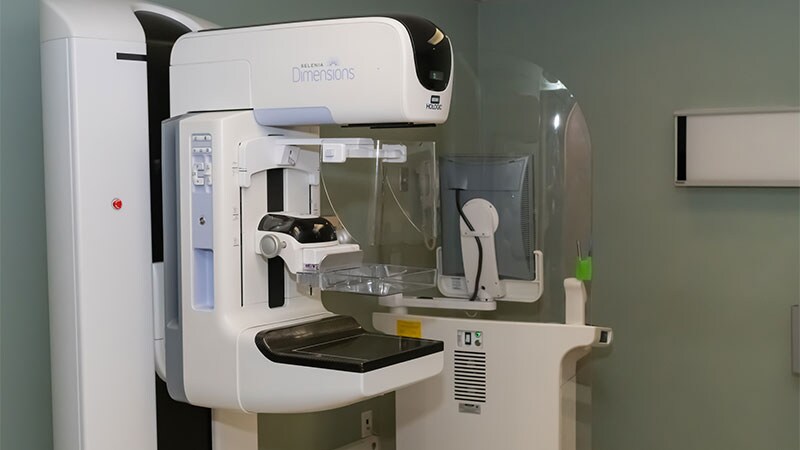Disparities in Global Cancer Screening Programs Revealed
The analysis of global cancer screening programs reveals significant differences between high- and low-income countries. Europe stands out for its well-organized screening programs, particularly in colorectal cancer. The CanScreen5 project aims to collect and analyze data from 84 countries on 5 continents to assess the performance of breast, cervical, and colorectal cancer screening programs. Key findings include variations in examination coverage, with the UK leading in breast cancer screening, Sweden in cervical cancer, and the Netherlands in colorectal cancer. Europe mandates national breast cancer screening programs, mainly using mammography, while Asia and the Americas lag behind. All continents have laws for cervical screening, but screening services vary in cost and availability. Colorectal cancer screening programs predominantly use the faecal immunochemical test, with varying levels of screening coverage globally.
Customize Summary
Rewrite with AI
Generate Citations
Translate Source
To Another Language
Generate MindMap
from source content
Visit Source
www.medscape.com
Europe’s cancer screening programmes in the lead
Key Insights Distilled From
by Moheb Costan... at www.medscape.com 04-27-2023
https://www.medscape.com/viewarticle/europes-cancer-screening-programs-lead-2023a10008ld
Deeper Inquiries
